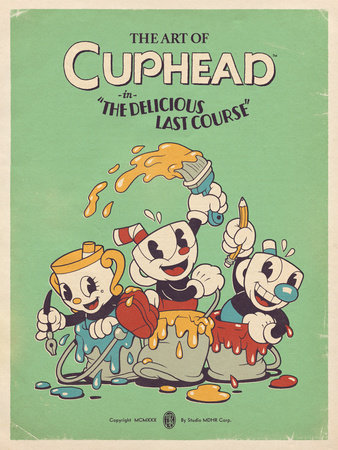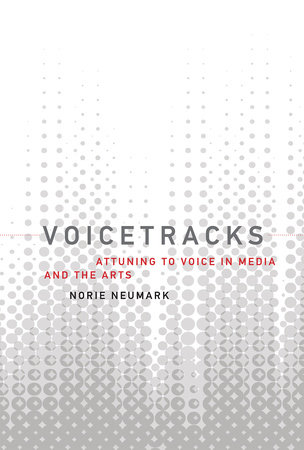


-
$29.95
Oct 15, 2019 | ISBN 9781588346704
Buy the Hardcover:
YOU MAY ALSO LIKE

The Art of Dragon Age: The Veilguard

The Met Collector’s Sticker Anthology

Paradise, Volume 3

Noh and Kyogen Masks

Output

Also Known As

The Art of Cuphead: The Delicious Last Course

The Art of Cuphead: The Delicious Last Course (Deluxe Edition)

Voicetracks
Praise
BOOKLIST
Science fiction starts with science and extrapolates possibilities. But how, and how often, does science fiction influence the course of science and technology? Levy does an admirable job of teasing apart this relationship by exploring the history of science fiction and tracing the origins of many ideas which came to dominate science over the years: H.G. Wells envisioned the atom bomb and tanks, for example; credit cards were predicted in a work written in 1888; and Star Trek gave us ideas for 3D printing, telecommunications, and health apps. In some cases, science fiction explores scientific ideas before they enter the mainstream. In others, people who grew up on science fiction work to make those stories a reality. Much of what Levy illuminates is already well-known but there are some surprising connections here, too. Most notably, he argues that telepresence (as portrayed in the movie Avatar) belongs to the evolution of videophones. He presents information in an accessible and engrossing way, highlighting many forgotten classic works of science fiction. This work should appeal to anyone who’s interested in the history of science, technology, and science fiction.
— John Keogh
YA/S: High school and even advanced middle school readers with an interest in science fiction and technology will appreciate this accessible book. JK.
PUBLISHERS WEEKLY
“Levy delves deep into the genre, drawing connections between acclaimed writers and the as-yet unknown or nascent inventions they anticipated. […] Levy also explores how fiction and fact have informed each other, noting that it was Wilhelm Röntgen’s discovery of the X-ray that made ‘ray guns’ a genre staple, and that Elon Musk’s proposals for Mars exploration echoes those in a novel by rocket scientist Wernher von Braun. These historical insights are interspersed with flashy images of pulp magazine covers, movie and TV show stills, and, most intriguingly, vintage 19th-century drawings and patents. Eye-catching as well as informative, Levy’s popular history ably and enjoyably succeeds in showing how science fiction has impacted the real world.”
21 Books You’ve Been Meaning to Read
Just for joining you’ll get personalized recommendations on your dashboard daily and features only for members.
Find Out More Join Now Sign In









